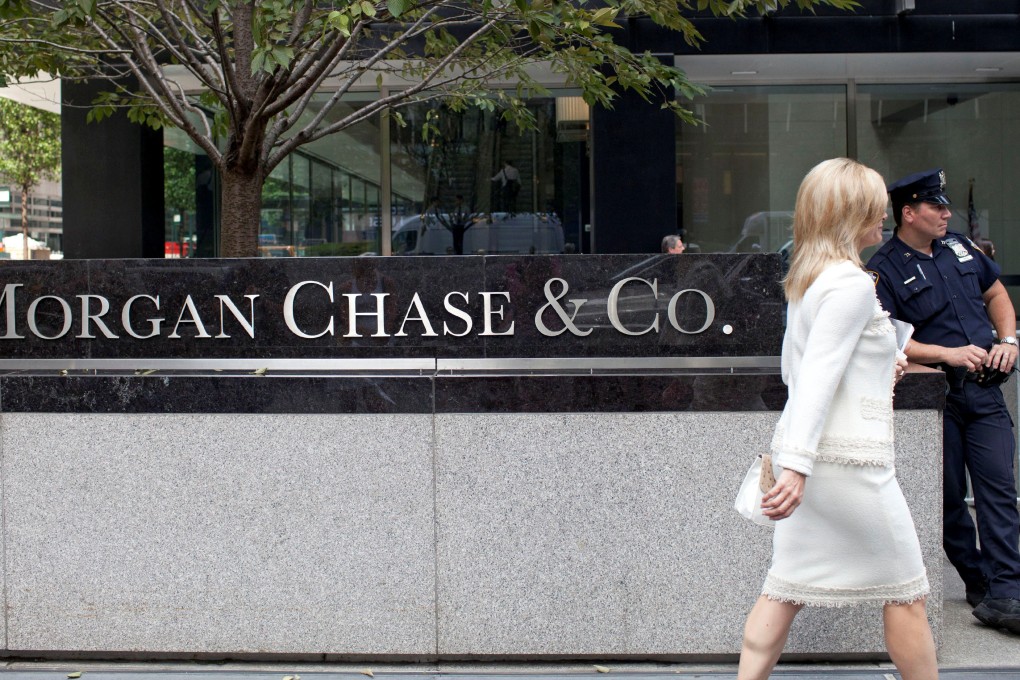Advertisement
China wants its tech companies to flourish rather than flounder as market mistakes create value, JPMorgan fund says
- China’s track record confirms that it would like to see its leading tech companies ‘flourish rather than flounder,’ money manager says
- JPMorgan’s US$1.14 billion Pacific Technology Fund has 53 per cent of its cash in China, 21 per cent in Japan and just under 10 per cent in South Korea
Reading Time:3 minutes
Why you can trust SCMP

Investors are making a mistake by taking a short-term view of the political and regulatory risks in Chinese stocks, given the lessons from the US-China trade and tech war, according to a top regional tech money manager at JPMorgan Asset Management.
Those risks, amplified by tightening antitrust regulation of internet-platform operators and the tobacco industry, have contributed to a US$240 billion erosion in market value this year as the Hang Seng Tech Index and US-listed Chinese peers slumped by as much as 24 per cent.
Tencent Holdings, RLX Technology and other Chinese tech leaders suffered a thrashing last quarter, before rebounding in April. Alibaba Group Holding, the owner of this newspaper, has risen more than 7 per cent in a relief rally after paying a record US$2.8 billion fine.
Advertisement
“The Chinese government’s track record confirms that they would like to see their leading, high tech, most innovative companies flourish rather than flounder,” Oliver Cox, who co-manages the US$1.14 billion Pacific Technology Fund, said in an interview. “The recent correction has only made those stocks with outstanding long-term growth prospects even more attractive.”
While cognisant of a broad range of political and regulatory risks, Cox’s fund has not had a good start to 2021, with a 0.24 per cent return to date, following an 82 per cent gain in 2020, according to Bloomberg data. Still, he draws confidence from the rebound in internet-related stocks since the US-China trade war erupted in 2018 during the Trump administration.
Advertisement
Advertisement
Select Voice
Choose your listening speed
Get through articles 2x faster
1.25x
250 WPM
Slow
Average
Fast
1.25x